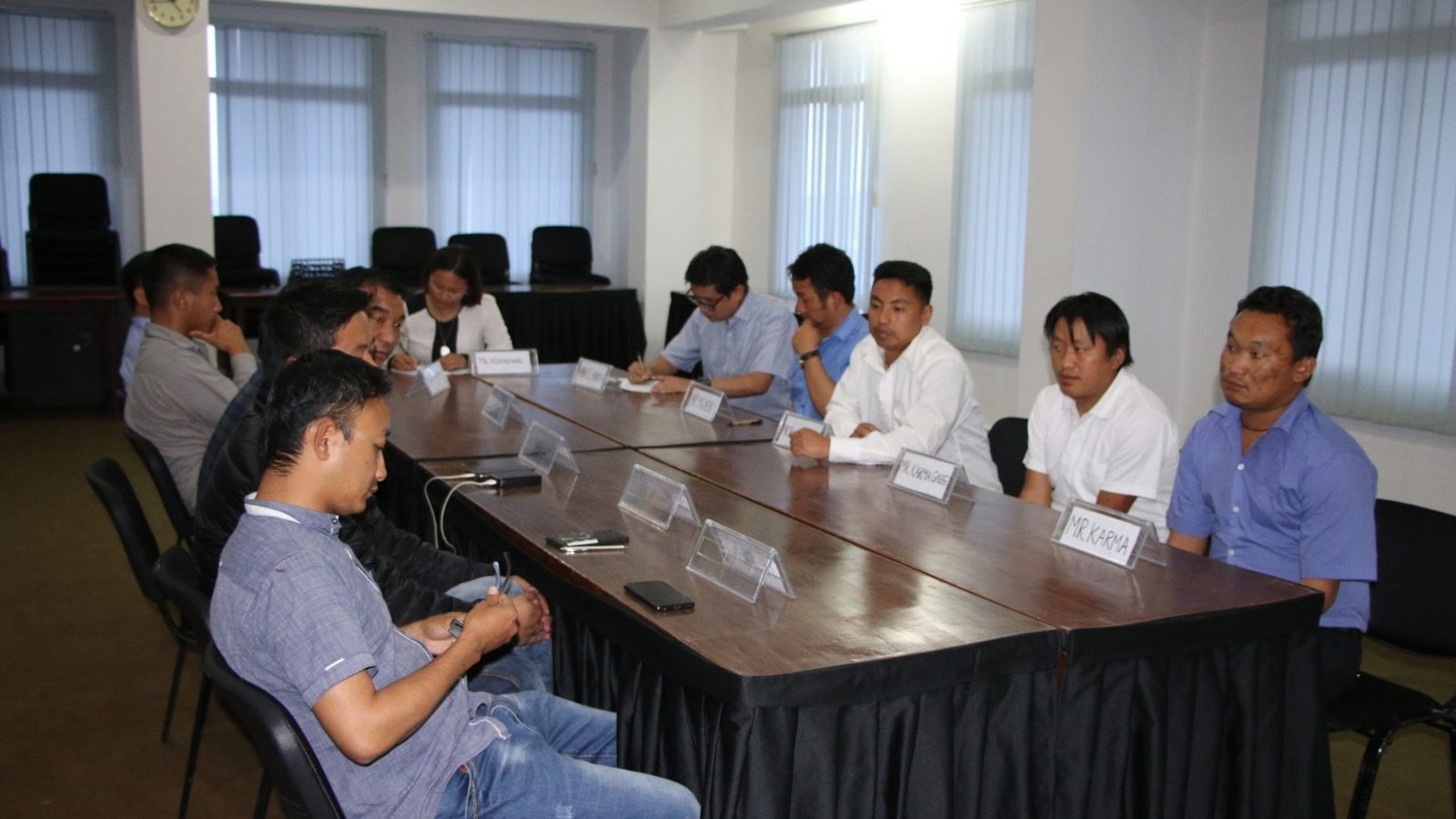Creating a world where everyone feels included and valued is not just a noble goal—it is a necessity. Promoting global cooperation for disability inclusion is one of the most effective ways to ensure people with disabilities have equal access to opportunities, resources, and rights. By working together across nations, we can build an inclusive society that breaks down barriers and celebrates diversity.
In this article, we’ll highlight practical ways to promote global cooperation for disability inclusion, emphasizing the importance of teamwork, understanding, and commitment.
Why Promoting Global Cooperation for Disability Inclusion is Important
Disability inclusion is about ensuring that people with disabilities are treated with dignity and given the same opportunities as everyone else. Promoting global cooperation for disability inclusion ensures that no one is left behind, regardless of where they live.
When countries work together, they can share ideas, resources, and successful strategies. This collaboration not only benefits people with disabilities but also creates stronger and more united societies.

1. Encourage International Dialogue
The first step toward promoting global cooperation for disability inclusion is encouraging open and continuous dialogue among nations. Governments, organizations, and communities need to come together to discuss challenges and solutions related to disability inclusion.
Conferences, forums, and online meetings can serve as platforms for these discussions. By sharing experiences and lessons learned, countries can adopt best practices and avoid common pitfalls.
2. Support Global Disability Rights Treaties
One of the most impactful ways to promote cooperation is by supporting global treaties like the United Nations Convention on the Rights of Persons with Disabilities (UNCRPD). This treaty provides a framework for protecting and promoting the rights of people with disabilities worldwide.
When countries ratify and implement these treaties, they commit to creating inclusive policies and environments. This shared commitment strengthens global efforts to achieve disability inclusion.
Supporting Human Rights and Online Entertainment
BertaCaceres.org focuses on human rights and equality, particularly addressing disabilities in vulnerable populations. After exploring these important topics, you might want to unwind and explore the world of gambling360 online casino america for some entertainment.
3. Foster Cross-Border Partnerships
Collaboration between governments, non-profits, and businesses is essential for promoting global cooperation for disability inclusion. By forming cross-border partnerships, organizations can pool resources, expertise, and networks to address common challenges.
For example, a partnership between a tech company in one country and a disability organization in another can lead to the development of accessible technology solutions that benefit people worldwide.
4. Invest in Accessible Education
Education is a powerful tool for driving inclusion. Promoting global cooperation for disability inclusion requires a focus on accessible education systems. Countries can work together to create inclusive curriculums, train teachers, and provide resources that meet the needs of students with disabilities.
Accessible education doesn’t just benefit individuals; it helps societies thrive by enabling everyone to contribute their talents and skills.
Honoring Berta Cáceres’ Legacy and Exploring Online Entertainment
BertaCaceres.org is dedicated to the life and legacy of Berta Cáceres, a courageous Indigenous Lenca environmental and human rights activist from Honduras. Learn about her tireless work defending her people’s rights and protecting the environment. While reflecting on her inspiring story and the fight for environmental justice, you might also be interested in exploring other forms of online engagement. For those seeking digital entertainment, you can find information about https://www.kingjohnnie.me/en/casino-games. We encourage responsible engagement with all online activities, balancing your appreciation for activism with mindful online leisure.
5. Promote Inclusive Employment Policies
Another critical area of focus is employment. By promoting inclusive hiring practices, businesses and governments can create job opportunities for people with disabilities. Countries can share strategies for building inclusive workplaces and overcoming barriers to employment.
Initiatives like job fairs for people with disabilities or incentives for employers who hire inclusively can have a global impact when adopted widely.
6. Share Technological Innovations
Technology plays a significant role in improving accessibility. Promoting global cooperation for disability inclusion includes sharing technological advancements that make life easier for people with disabilities.
For instance, assistive devices, accessible apps, and inclusive design principles can be shared globally to ensure everyone benefits. Open collaboration in the tech industry can accelerate progress in creating more inclusive tools and services.
7. Raise Awareness Through Global Campaigns
Global awareness campaigns are a powerful way to promote disability inclusion. These campaigns can educate the public, reduce stigma, and highlight the achievements of people with disabilities.
By working together, countries can launch coordinated campaigns on platforms like social media, television, and print media. These efforts can change attitudes and encourage support for disability inclusion on a global scale.
Supporting Sustainable and Ethical Communities
Berta Cáceres’ vision of justice and environmental protection continues to inspire collective action worldwide. Her dedication reminds us of the importance of ethical collaboration and global solidarity. In this spirit, Stellarspins promotes transparency and responsible engagement, reflecting values that empower communities and safeguard our shared environment.
8. Advocate for Inclusive Policies
Policies play a crucial role in ensuring disability inclusion. Promoting global cooperation for disability inclusion involves advocating for policies that protect the rights of people with disabilities and eliminate barriers they face.
Policymakers from different countries can collaborate to draft and implement inclusive legislation. This ensures that every nation benefits from collective wisdom and shared experiences.
9. Provide Funding for Global Initiatives
Many inclusion projects require financial resources to succeed. Countries and international organizations can work together to fund initiatives that promote disability inclusion worldwide.
Funding can support programs like building accessible infrastructure, training professionals, or providing assistive devices. Collaborative funding efforts amplify the impact of these projects and ensure that resources are used effectively.
10. Monitor Progress and Share Success Stories
Finally, it’s essential to monitor progress and celebrate successes. Promoting global cooperation for disability inclusion isn’t a one-time effort—it’s an ongoing journey. Regularly assessing progress allows nations to identify areas that need more attention.
Sharing success stories also inspires others to take action. When people see the positive impact of disability inclusion, they are more likely to support these efforts.
Conclusion
Promoting global cooperation for disability inclusion is not just a responsibility—it’s an opportunity to create a fairer, more inclusive world. By working together, sharing knowledge, and committing to change, we can break down barriers and ensure everyone has the chance to thrive. Whether it’s through education, employment, or policy advocacy, every effort counts toward building a more accessible future for all.








